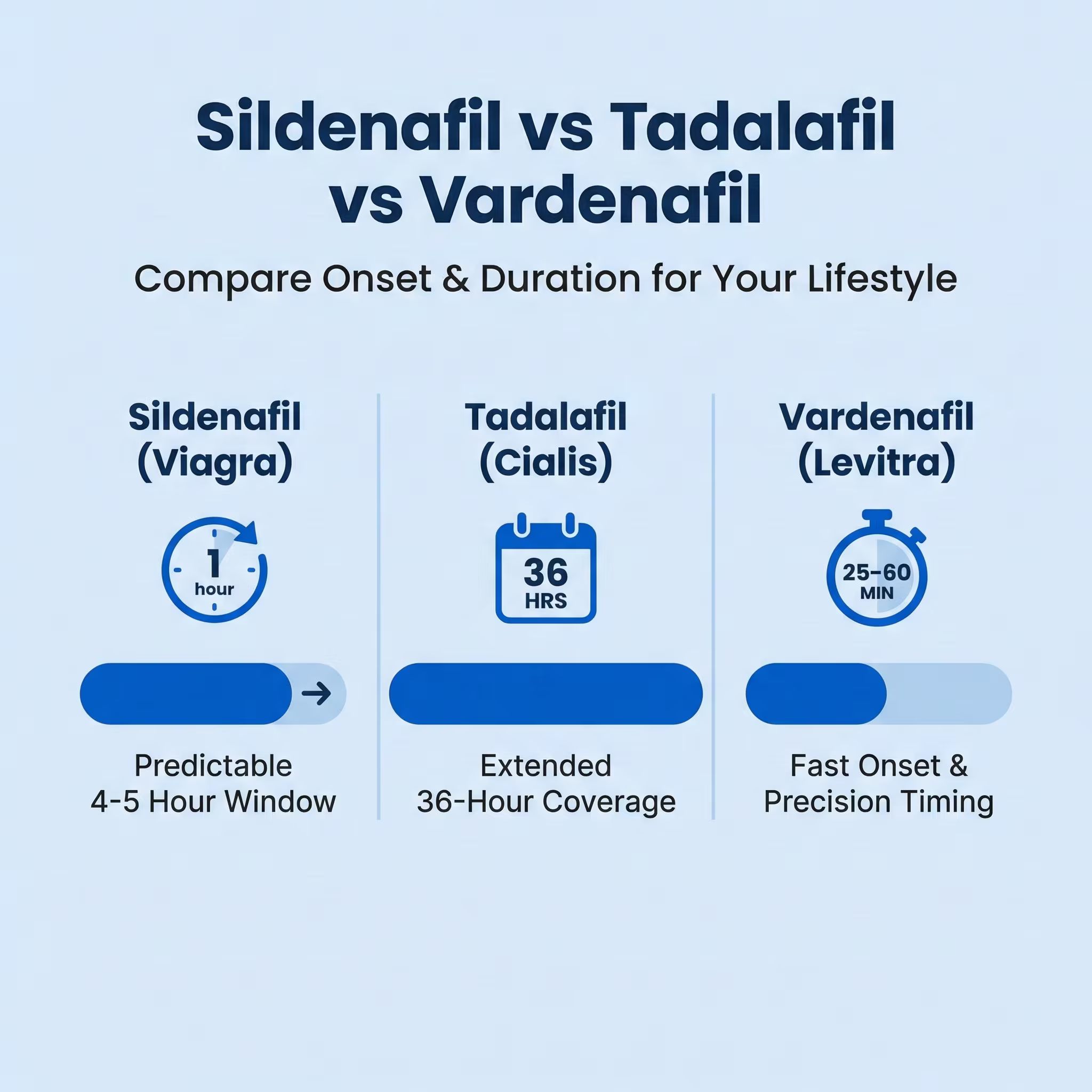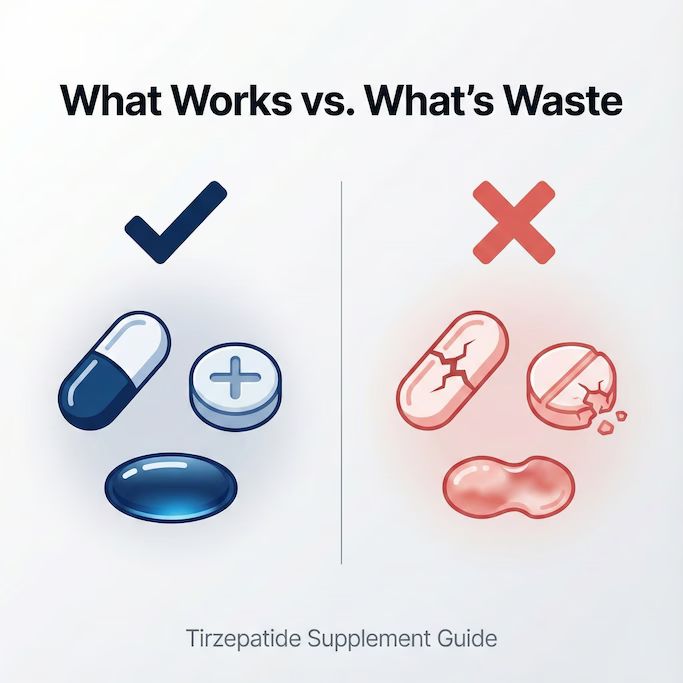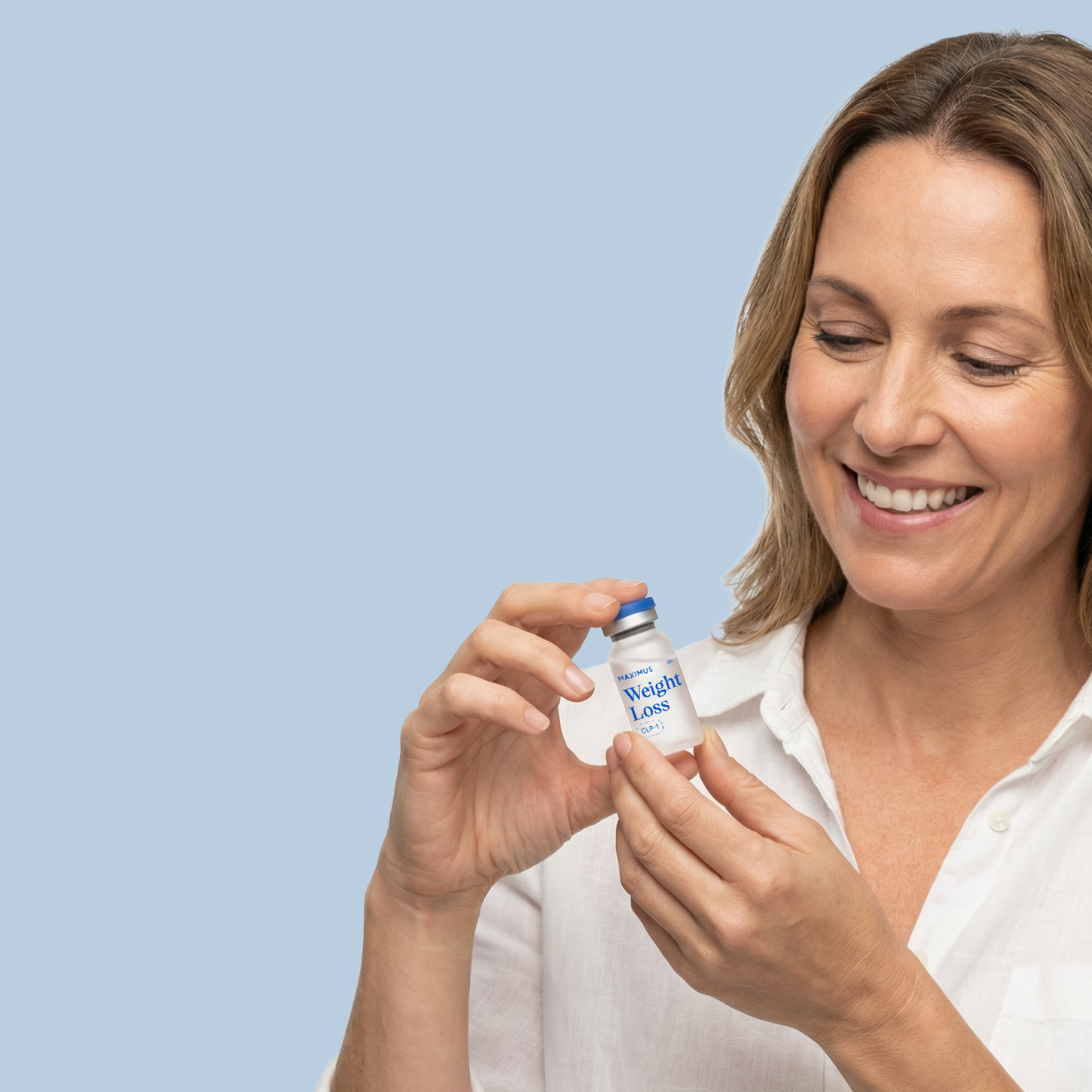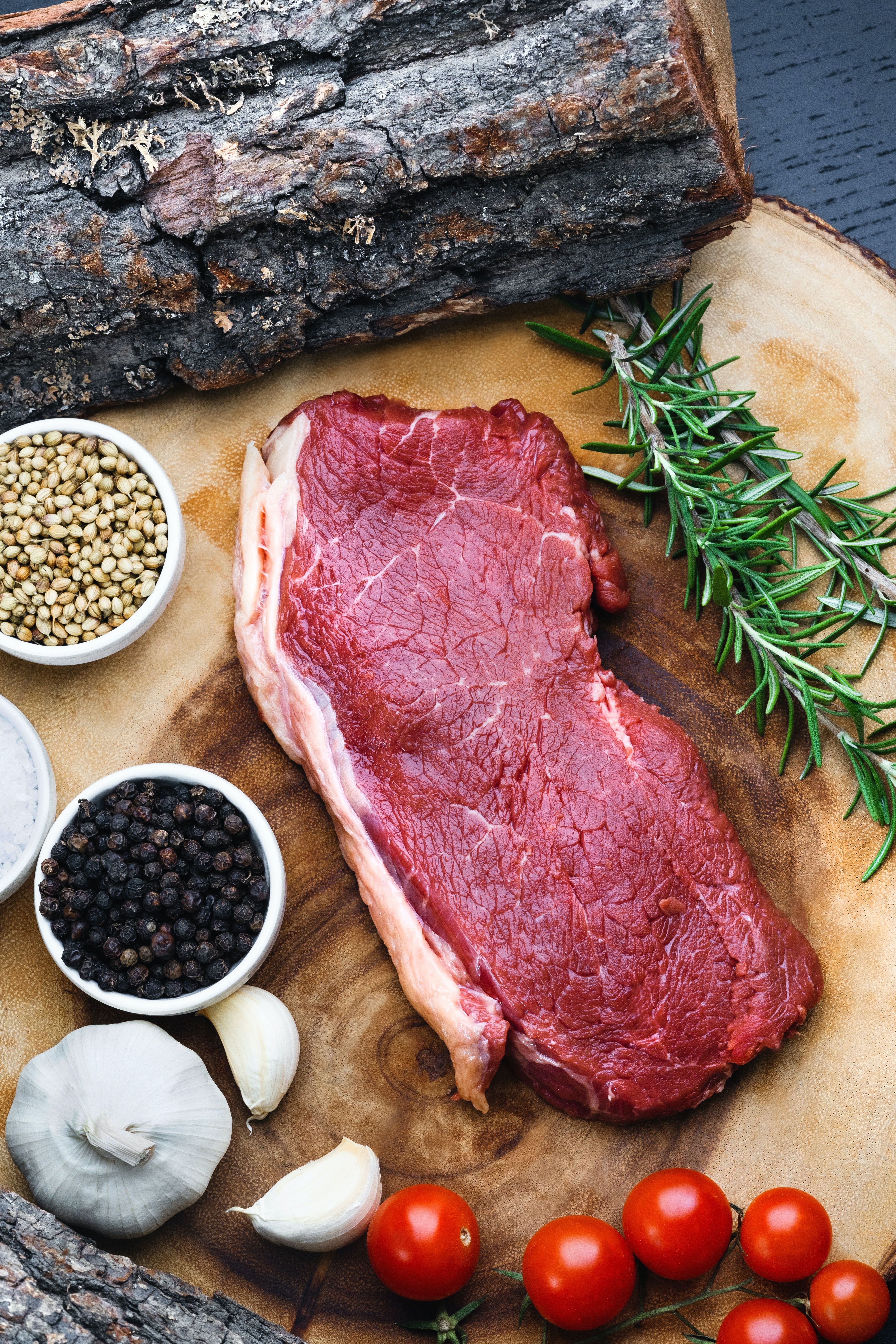There are a number of ways you may be unintentionally wrecking your testosterone levels, from not getting enough sleep to eating the wrong foods. From that latte you have in the morning to the almonds you have for your afternoon snack, foods that are bad for testosterone are everywhere, and some are even considered healthy by other standards.
To find out if your fridge needs a revamp, read on to find out the 10 worst foods for testosterone, what you should eat instead, and other tips for boosting your testosterone safely.
Key takeaways
- Certain foods like dairy products, baked goods, mint, and some nuts have been proven to decrease testosterone levels.
- Other foods, such as dark, leafy greens, eggs, berries, and fatty fish can help boost testosterone production.
- Optimizing your diet is a safe and effective way to optimize your testosterone levels, along with other healthy lifestyle factors like getting better sleep and exercising regularly.
10 worst foods for testosterone
Many theories about so-called testosterone killing foods, such as soy, have been debunked. But there are a number of foods that have been proven to lower testosterone in males, potentially leading to symptoms like low sex drive, fatigue, and weight gain. Read on to find out what foods are bad for testosterone and what you should eat instead.
Dairy products
If you’ve been thinking of switching to a plant-based milk or fermented dairy products like kefir, your T levels will thank you. High in estrogen and progesterone, cow’s milk has been shown to increase estrogen levels and decrease luteinizing hormone (LH), follicle stimulating hormone (FSH), and testosterone levels as quickly as two hours after consumption. Along with testosterone, LH and FSH are two hormones that are integral to the male reproductive system and actually stimulate testosterone production, testicular growth, and sperm maturation.
Sugar
Sugar is connected to a number of health issues, including weight gain, type 2 diabetes, and cardiovascular disease. And research proves the sweet substance can also negatively impact your testosterone levels. This study shows that consumption of sugar-sweetened beverages is “significantly” associated with low serum testosterone levels in men 20-39 years old. And this study found glucose caused an “abrupt” drop in both total and free testosterone levels in subjects who consumed the simple sugar.
Baked goods and pastries
If you’re a little too fond of pastries for breakfast or pizza for dinner, it may be time to cut back. This 2018 study found that a diet high in bread, pastries, and desserts was linked to low total testosterone levels in Taiwanese men. The researchers also listed dairy products and eating out as potential contributors.
Refined grains like white flour and white bread are also known to negatively affect blood sugar levels, leading to insulin resistance. This study shows a dietary pattern that includes refined grains increases your risk of having low testosterone levels as well as health conditions like obesity and type 2 diabetes.
Walnuts and almonds
We’re singling out these nuts as testosterone killers, but be advised not all nuts are bad for you. In fact, nuts like Brazil nuts and tiger nuts are known to support your testosterone production. But walnuts and almonds can have the opposite effect.
Walnuts and almonds are known to increase the sex hormone binding globulin (SHBG) in your body, negatively impacting the build-up of free testosterone. High amounts of SHBG are also linked to infertility in men. These nuts are also high in polyunsaturated fatty acids, or PUFAs, which are associated with decreased testosterone levels.
Licorice root
Not to be confused with the kind of licorice you’ll find in the candy aisle, licorice root is typically found in teas and herbal supplements. Though it does have antioxidant and anti-inflammatory properties, licorice root is also associated with decreased testosterone. This study found that licorice root decreased testosterone levels by 26% after one week of treatment. The researchers also noted an increase in 17-OHP, which is a steroid hormone related to progesterone.
Mint
You may not think twice when chewing spearmint gum or drinking peppermint tea, but research suggests mint can also have an adverse effect on your T levels. In this animal study, researchers found a correlation between spearmint essential oil and reduced testosterone levels. And this study from 2014 found that mint lowered testosterone levels in women with PCOS. Though more research is needed in human males to understand the full effect of mint on T levels, these findings may still make you want to reconsider your gum or tea flavors.
Flaxseed
There’s no doubt that flaxseed has numerous health benefits, from lowering cholesterol to potentially reducing your risk for cancer. However, there’s a component to flaxseed that may harm your testosterone levels. They’re called lignans. This plant compound found in flaxseed binds to testosterone and forces it to be excreted from your body as proven in this case study.
Trans fats
While flaxseed may be associated with a number of health benefits, trans fats are linked to a a variety of health issues, with decreased testosterone being one of them. Hiding in common foods like cakes, donuts, cookies, and crackers, trans fats have been shown to lower testosterone levels in addition to lowering sperm count and testicular function.
Vegetable oils
Like certain nuts, vegetable oils like canola, coconut, palm, and peanut oils are high in PUFAs, which are associated with low testosterone levels. And the effects can happen quickly. This research from 2019 found that PUFAs decreased the testosterone levels of overweight men in as little as one hour after consumption.
Alcohol
Though not technically a food, alcohol is another testosterone killer when it’s used in excess. Studies have revealed that heavy drinking results in reduced testosterone levels in the blood and may also harm the function of the testicular Sertoli cells, which are related to sperm production.
What foods to eat to boost testosterone health
Along with getting enough sleep, exercising regularly, and watching your weight, optimizing your diet can also help you optimize your testosterone levels. It would be a stretch to say that any one food could boost your testosterone levels alone, but your diet can give you the nutrients your body needs to maintain healthy testosterone production and whole-body health.
Your diet should consist of macronutrients and micronutrients. Macronutrients are proteins, healthy fats, and complex carbs. And micronutrients consist of essential vitamins and minerals. While many people can get their vitamins and minerals through supplements, a balanced diet can give your body everything it needs. A good way to get a variety of nutrients is to eat a variety of colors. Some of the best fruit for testosterone are juicy, red strawberries and some of the top vegetables that increase testosterone are dark, leafy greens. If you add color to your plate, you’re adding an assortment of vitamins and minerals to your diet. So if you’re looking for testosterone boosting meals and snacks, add the following foods to your diet.
Testosterone food list:
- Dark, leafy greens like spinach
- Eggs, especially the yolks
- Avocados
- Liver
- Grass-fed beef
- Poultry
- Fatty fish like salmon and tuna
- Oysters
- Pomegranates
- Berries
- Beans
- Ginger
- Potatoes
- Mushrooms
- Brazil nuts and tiger nuts
- Cacao
It’s also important that you drink plenty of water. While it’s not a food, water is crucial to your overall health and T levels. Studies show dehydration is linked to low testosterone levels, even when you are doing an activity meant to increase your testosterone.
There will always be new trends when it comes to diets, but the most effective diet is the one that you’ll stick to. And chances are you won’t maintain a diet if you don’t enjoy what you’re eating. If your favorite food made the “worst” list, don’t fret. Aim for moderation and variety, not perfection.
And if you still need more support in boosting your testosterone safely and effectively, consider taking a prescription enclomiphene capsule as part of the Testosterone Protocol proven to increase your natural testosterone production by 1.5-2.5X.
Disclaimer: The contents of this article, including, but not limited to, text, graphics, images, and other information, is for information purposes only and does not constitute medical advice. The information contained herein is not a substitute for and should never be relied upon for professional medical advice. The content is not meant to be complete or exhaustive or to be applicable to any specific individual's medical condition. You should consult a licensed healthcare professional before starting any health protocol and seek the advice of your physician or other medical professional if you have questions or concerns about a medical condition. Always talk to your doctor about the risks and benefits of any treatment. Never disregard or delay seeking professional medical advice or treatment because of something you have read on this site. Maximus does not recommend, endorse, or make any representation about the efficacy, appropriateness, or suitability of any specific test, products, procedures, treatments, services, opinions, healthcare providers or other information contained herein. Maximus is not responsible for, nor will they bear any liability for, the content provided herein or any actions or outcomes resulting from or related to its use.










